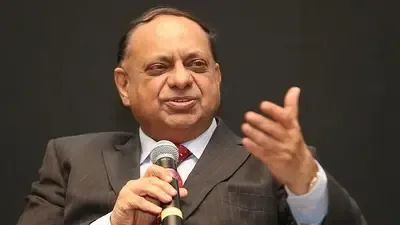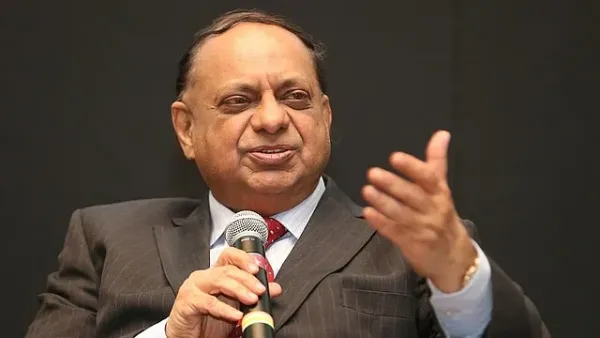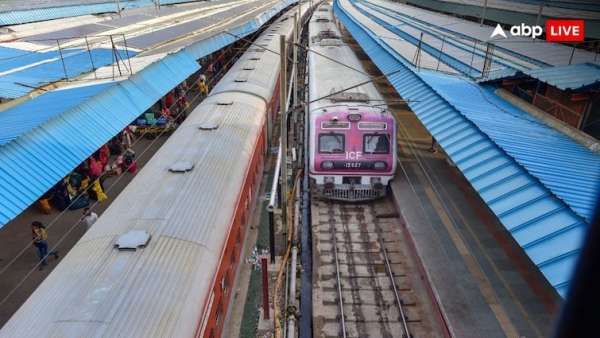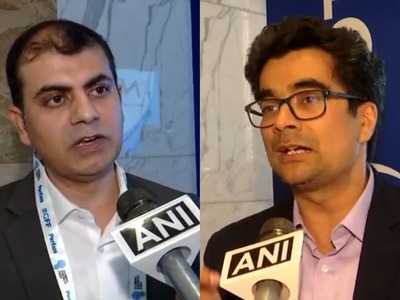
Question: Is India taking active steps to speed up cross border transactions? I am aware that time zones are a big factor which slows down the process.
ANSWER: The G20 group of nations have set a target whereby 75 per cent of cross border payments should be completed end-to-end within one hour. This target is to be reached by 2027. As you rightly point out, time zones are a big factor. Some banks shut their systems at the end of the day which results in blocking payments before they arrive. Currently less than 10 per cent of inward remittances are credited to Indian beneficiary accounts within an hour. Delays are also occurring because many Indian banks contact the receiver before crediting their account or re-verify final account details.
SWIFT, is a US-based messaging system to make international payments, has been urging banks to adopt global best practices. The introduction of SWIFT-GPI has enabled end-to-end tracking of international payments and this is now being adopted increasingly by banks. Both the Finance Ministry and the Reserve Bank of India are seized of this issue and are coming up with suitable remedial measures. Further, India is developing a payment and settlement system to insulate itself from potential US pressure and to offer an alternative to other countries.
Stay up to date with the latest news. Follow KT on WhatsApp Channels.
Question: My nephews in India have just finished their engineering course. I have been told that campus hiring has slowed down in recent years. Is there some information on this?
ANSWER: India’s campus hiring is evolving. According to a campus study report published recently by a professional services firm, there is a shift towards strategic skill alignment. A survey of more than 220 organisations highlights a shift in business sentiment with 73 per cent of the organisations anticipating moderate to high growth. The key sectors are financial institutions, life sciences, information technology, healthcare and consumer goods businesses. The report provides an analysis of India’s evolving campus hiring landscape covering trends in recruitment and compensation packages.
Around 40 per cent of surveyed companies plan to expand their workforce by over 10 per cent during the current fiscal year. Organisations are focusing on performance incentivisation through variable pay and joining bonuses, especially for those with engineering degrees. As part of the shift in recruitment strategy, organisations are hiring candidates with the right skills with the objective of long term retention. Companies are building a sustainable technical pool of engineers and AI specialists to meet their business needs through skill alignment and developing talent by organizing regular workshops and intensive training sessions.

HP Ranina is a practising lawyer, specialising in corporate and tax laws of India.
Question: With India’s vast coastline, are credible steps being taken to tap the inexhaustible resources which exist in our ocean?
ANSWER: The Ministry for Earth Sciences has categorised the Blue Economy as the new frontier for growth, prosperity and sustainability. This economy comprises the entire system of ocean resources and economic infrastructure in marine, maritime and offshore coastal zones within India’s legal jurisdiction. The coastline stretches to 11,098 kilometres and the Exclusive Economic Zone covers an area of 2.4 square million kilometres. The sustainable use of ocean resources is expected to create new jobs, support coastal communities and protect marine ecosystems. Heavy investments are made for modernising our seaports to make trade more efficient and businesses more competitive.
The Ministry is planning to create a business friendly environment involving the corporate sector which would develop solutions in areas like green port logistics and marine biotechnology. Companies will also be involved in providing solutions for smart fishing, restoration of mangroves and coral reefs which would act as natural barriers against climate change and rising sea levels. The country’s first thermal energy plant is demonstrating how innovation can provide clean electricity and drinking water. Additional jobs are likely to be created in sustainable fields like seaweed farming, maritime engineering and data analytics. India is also taking a leadership role in ocean governance by strengthening partnerships with other countries and multilateral agencies to protect marine biodiversity and harness the full power of our oceans.
The writer is a practising lawyer, specialising in corporate and fiscal laws of India.
UAE: Should NRIs invest in India? How Sebi is trying to bring in overseas investors Why wealthy Indians are turning to the UAE for global investments NRIs in UAE: How to secure your parents’ retirement income-
‘India starting to diversify’: Trump’s trade advisor on Russian oil

-
Railways To Soon Allow Changing Travel Dates For Confirmed Tickets: Check Details

-
PhonePe partners with Mastercard to launch device tokenisation, unveils smart pod for card and UPI payments

-
SIM-swap to phishing: How hackers can steal your WhatsApp account

-
9 Amazing Health Benefits of Chamomile Tea
